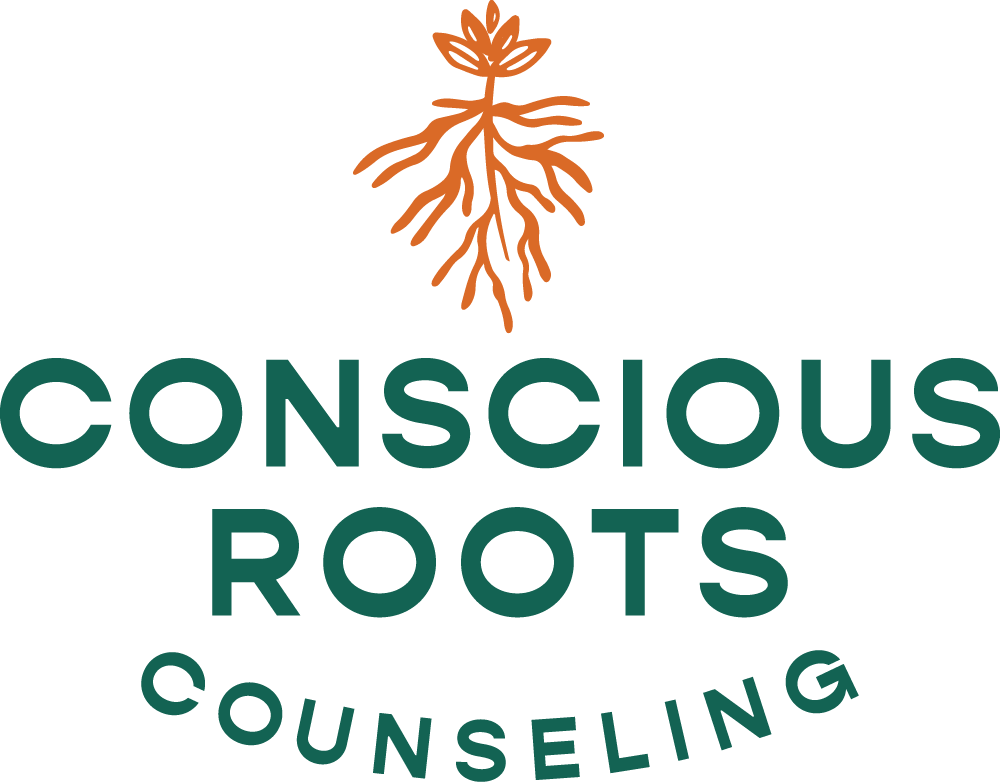Helicopter Parenting and Its Impact on Children
When ‘Helping’ Our Children Isn’t Really Helpful
If you’re a decent parent, you love your children, want the best for them, want them to feel happy, loved, be successful, and to avoid getting hurt. Loving mothers and fathers don’t like to see their children suffer, experience sadness, pain, boredom, rejection or failure. Yet, all human beings experience sadness, pain, boredom, rejection and failure. Many parents are so uncomfortable with their children feeling discomfort that they try to prevent it all together. “Helicopter parents,” hover over their children in an attempt to rescue or prevent their children from experiencing negative emotions. The problem is it can backfire and become a bigger problem for children, who may eventually need mental health counseling to effectively manage emotions and responsibilities.
Helicopter Parents Send the Wrong Message to their Children
When moms and dads prevent or rescue their healthy, physically abled children from experiencing negative emotions it sends the wrong message to their kids. It tells them:
I don’t think you’re capable of feeding yourself yogurt with a spoon so I will spoon-feed you (3-year-old).
I don’t think you’re smart enough to do that project on your own and I know you’re busy and could potentially feel overwhelmed so I’m going to do most of it for you (11-year-old).
I don’t think you can handle feeling lonely or bored so I’m going to arrange a playdate for you on Friday night (13-year-old).
I don’t think you’re tasteful and fashionable enough and I wouldn’t want you to feel rejected by anyone so I’m going to pick out your clothes for you (8-year-old).
I don’t want to inconvenience you by having to walk home in the rain from the bus stop (50 feet away) so I’m going to drive there and pick you up (12-year-old).
I don’t trust that you’re capable of waking yourself up for school and getting yourself out the door on your own so I’m going to wake you up, set out your clothes, tell you to brush your teeth multiple times, pack your lunch and carry your backpack to the bus for you because you aren’t capable of doing it on your own (11-year-old).
Humans Learn by Experiencing Natural Consequences
We may feel like we’re actually helping our children when we prevent them from having to experience anything slightly uncomfortable, inconvenient or difficult. Our thought process may be that if we do the work or shoulder the burden for them, we can prevent children from experiencing discomfort, sadness, pain, boredom or rejection. In reality, we prevent them from learning how to handle assignments on their own, make their own choices or suffer their own consequences. Humans learn by experiencing natural consequences. Sometimes it takes a failure or difficult experience to learn that we need to put in more time, effort, hard work and discipline. And then if and when we succeed, we can feel prouder, knowing we did it all by ourselves, which then builds self-confidence.
Experiencing Negative Emotions is Part of the Human Experience
As a therapist and mother, I see value in all emotions, even negative ones. After all, experiencing negative emotions is part of the human experience. They help us learn, grow, mature, empathize with others and change. The goal of parenting is to get your children to learn how to be more independent, self-sufficient, resourceful, actively involved in solving problems, manage time efficiently, and grow to make healthy choices on their own. These things take time. They don’t happen overnight and they won’t happen at all if we as parents don’t give our children the freedom, space, time and ability to learn on their own.
Don’t Ignore Requests for Help, Understand Where to Draw the Line
This is not to say that we should ignore our children when they ask for help,or are struggling to manage emotions and day-to-day responsibilities. Children need guidance and to know that they have someone in their corner who will be there for them when they need help, regardless of whether they fail. Parents need to understand when their help is excessive or, at the other extreme, not enough. Parents can ask themselves:
“Is what I’m doing to help my child something they can do on their own without excessive suffering or harm?”
“Without my help, could my child remain healthy?”
“Am I preventing my child from learning a new skill by ‘helping’ them?”
“Am I ‘helping’ my child to prevent myself from feeling uncomfortable with my child’s potential reaction?”
“Without my help, will my child merely be inconvenienced and experience difficult emotions or will they suffer life-threatening consequences?”
These questions can help parents determine where to draw the line in stepping in and solving or preventing problems for their children (as helicopter parents tend to do). Many children of parents who do too much for them lack self-confidence, self-esteem, resilience, motivation, and a strong work ethic. They tend to develop a dependency on others and struggle to manage responsibilities and negative emotions on their own, even into adulthood. I challenge you to be a supportive guide for your children, not a helicopter. In the long run, your children will grow into self-sufficient, independent, confident and resourceful adults.
Additional Resources to Help Parents
12 Tips for Raising Confident Kids from the Child Mind Institute.
What Is Helicopter Parenting? from Parents.com
The Over-Involved Parent from Parenting Today’s Teens
In the end, you may want additional support to better understand when to help your child and when to back off and allow them to do things for themselves. Talking to a therapist who specializes in parenting can be helpful, provide an objective viewpoint, offer guidance and tips. Therapists can also help parents’ mental health because they know that raising children is tough work. If you live in the Cincinnati or Blue Ash area, reach out to us to be matched with one of our therapists. If you live in Ohio, we also offer virtual (aka telehealth) sessions.


